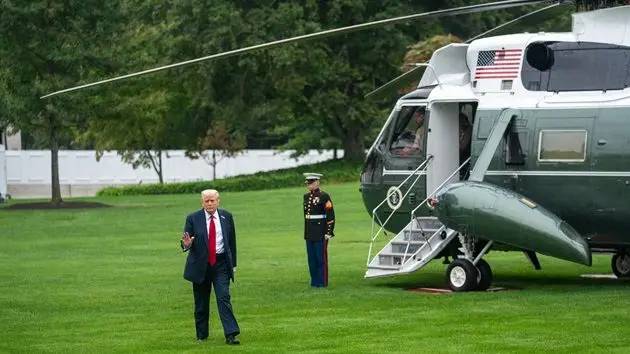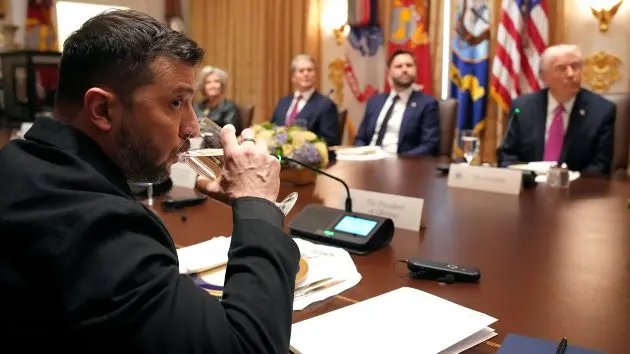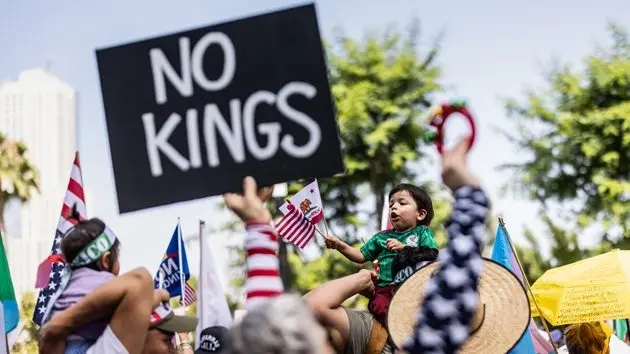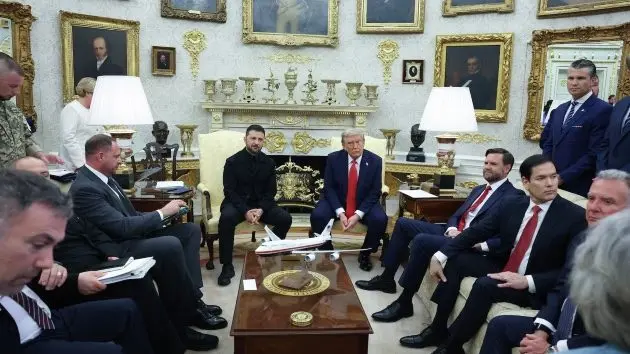(WASHINGTON) — At least two survivors from a deadly U.S. military strike in the Caribbean Sea are now in custody aboard an American vessel after being rescued by helicopter, according to a person familiar with details of the incident.
The person said the survivors were aboard a semi-submersible vessel when they were hit in the attack.
The strike was the sixth military attack in the Caribbean Sea against suspected drug smugglers.
The military campaign is part of a broader effort by President Donald Trump who says he wants Venezeula’s president, Nicholas Maduro, to step down, blaming Maduro for orchestrating the flow of illicit drugs coming to the U.S.
Earlier this week, Trump threatened to attack Venezuela by land, confirmed ongoing covert operations inside the country and ordered bombers capable of dropping nuclear weapons to fly in circles off its coast in what appears to be an unprecedented show of force intended to pressure Maduro to step down.
The Venezuelan Foreign Ministry has denounced Trump’s statements and the military buildup in the region, saying the lethal strikes on boats in the Caribbean Sea constitute a policy of aggression, threats and harassment against Venezuela.
Reuters first reported that there were survivors in the latest attack and that two of them had been rescued by helicopter. It was not immediately clear how many people were killed, as the Pentagon and White House declined to provide details on the incident.
Admiral Avlin Holsey, who has been overseeing military operations in the region, announced unexpectedly on Thursday that he is stepping down from the post. Holsey did not say why he was leaving sooner than expected, after spending less than a year in the job.
According to a person familiar with his decision, Holsey had expressed reservations about ongoing military operations and that tension between Holsey and Hegseth had been evident for weeks. It was not immediately clear if Holsey objected to the legality of the boat strikes, which he would have had to authorize, or had voiced other concerns about the strategy in the region.
Some 10,000 U.S. troops have been deployed to Latin America this year under Trump as part of a massive buildup of military assets in the region, including eight Navy ships, F-35 fighter jets and MQ-9 Reaper drones.
On Wednesday three B-52 bombers took off from Barksdale Air Force Base in Louisiana and flew for hours near the coast of Venezuela, according to flight tracking data, in what appears to be a major show of force by Trump.
The B-52 is a long-range, heavy bomber that has been used in conventional warfare in such places as Iraq and Syria and is capable of carrying nuclear weapons. The deployment of the B-52s was first reported by The War Zone.
On Thursday, a U.S. official confirmed that a special operations aviation unit had conducted training exercises in international waters near Venezuela earlier this month.
Since Sept. 2, Trump has ordered military strikes on at least six boats in the Caribbean Sea that the administration insists, without providing evidence, were carrying drugs to the U.S. The use of lethal of military force against drug boats is unprecedented and raises legal questions. Past administrations have relied on law enforcement to interdict drug shipments.
Copyright © 2025, ABC Audio. All rights reserved.






